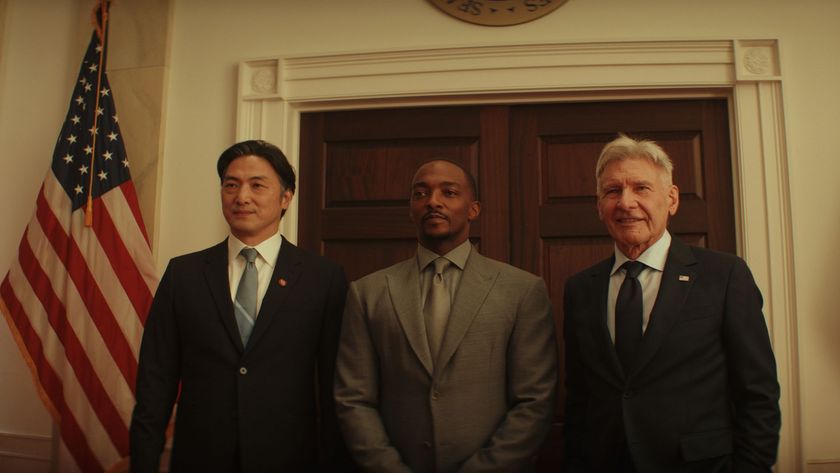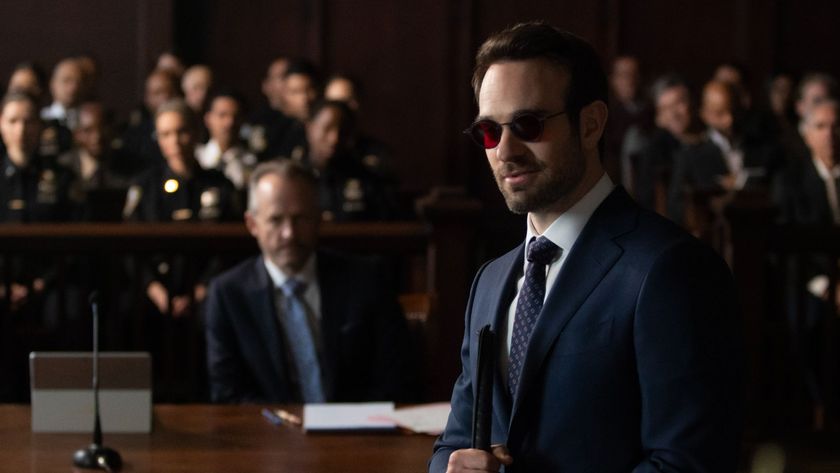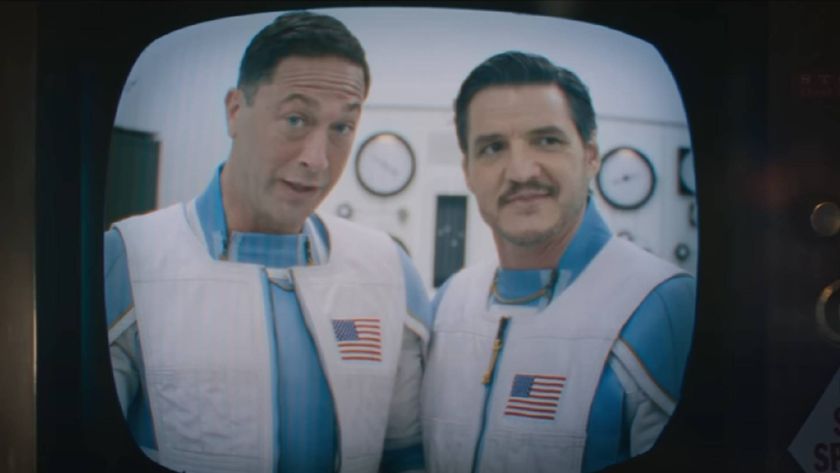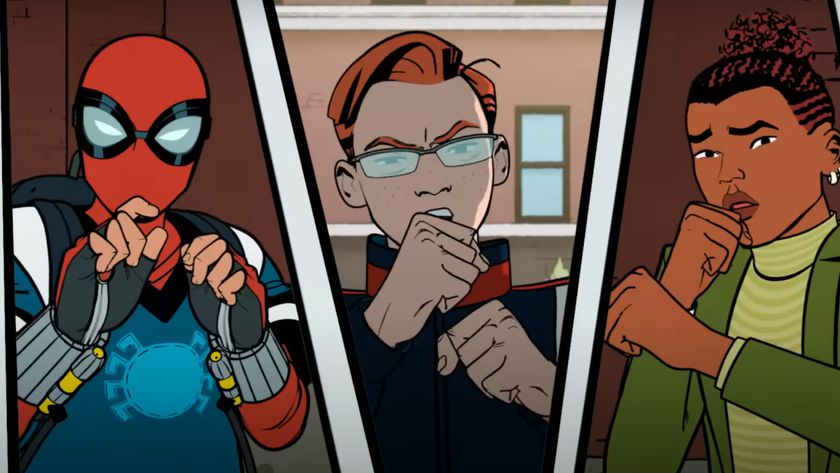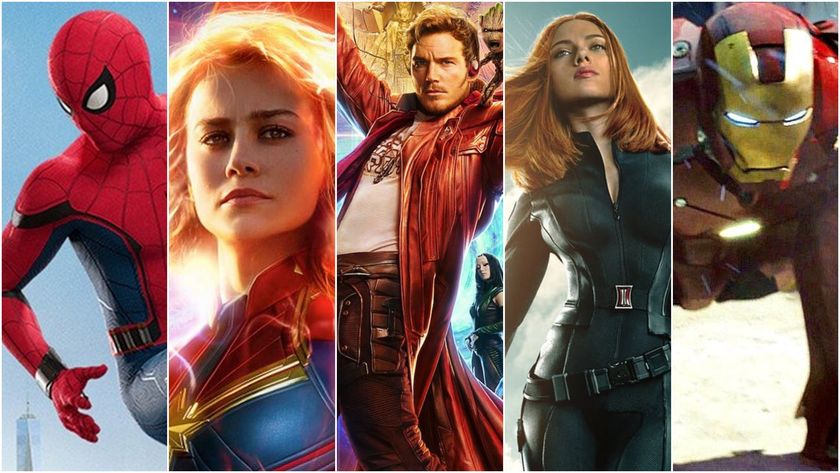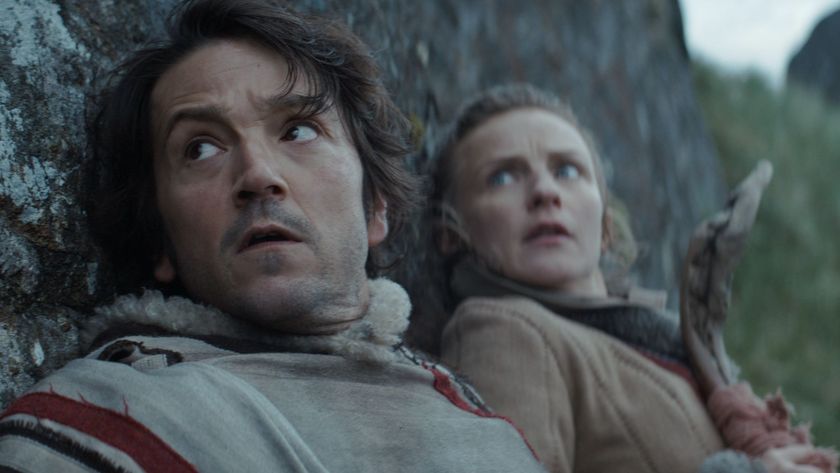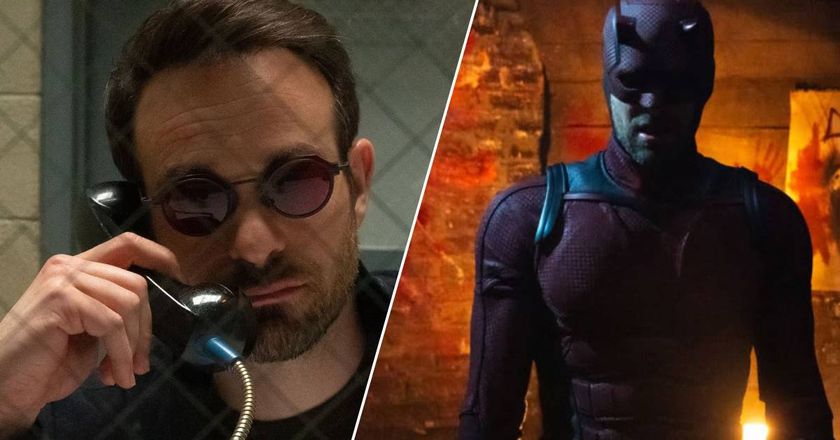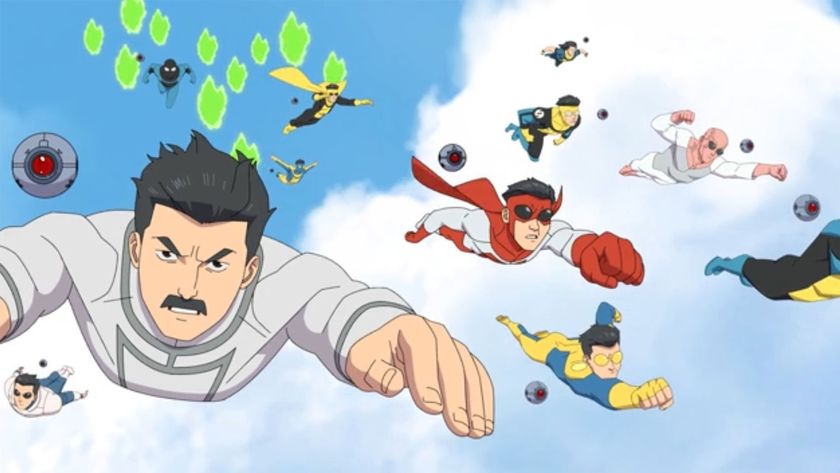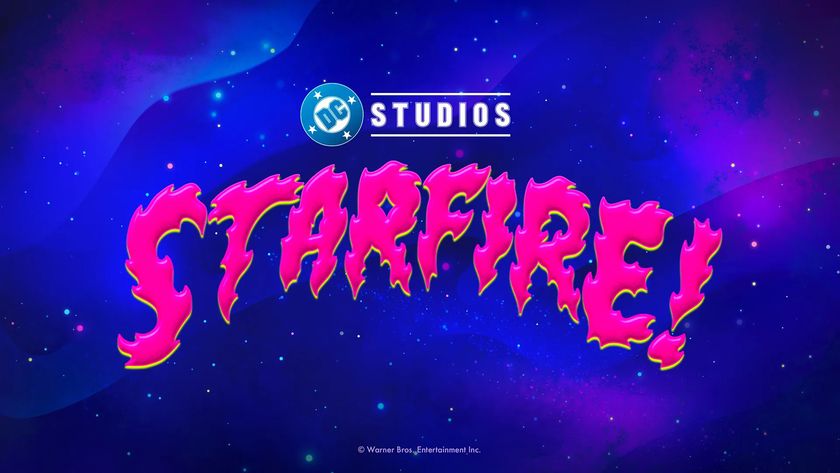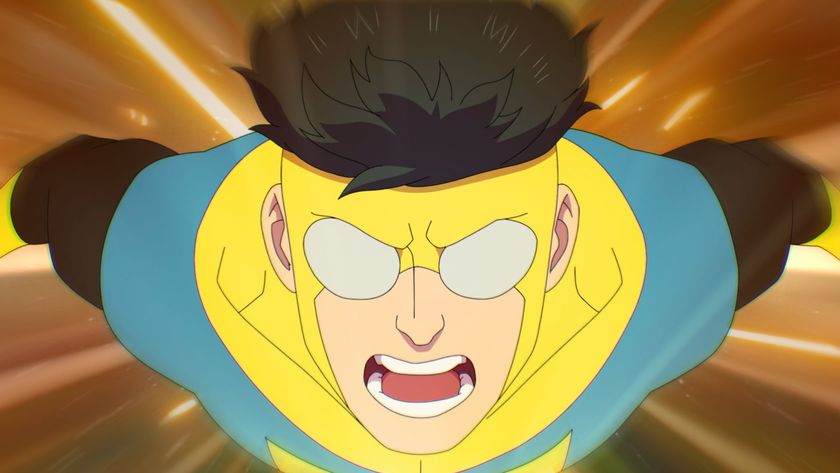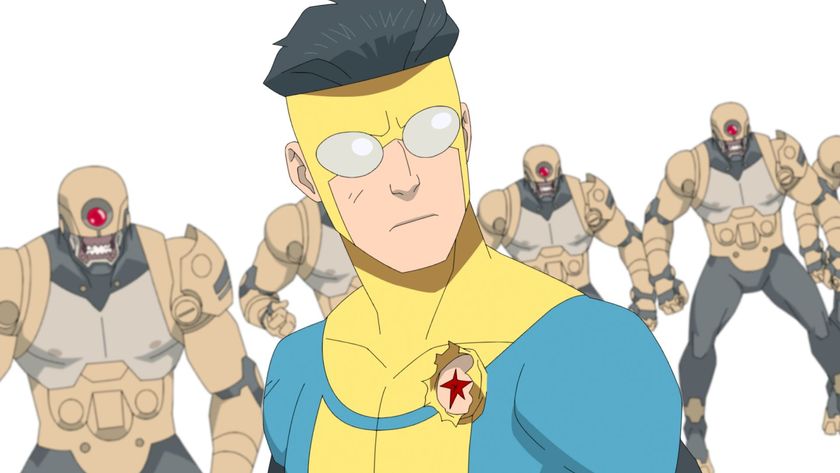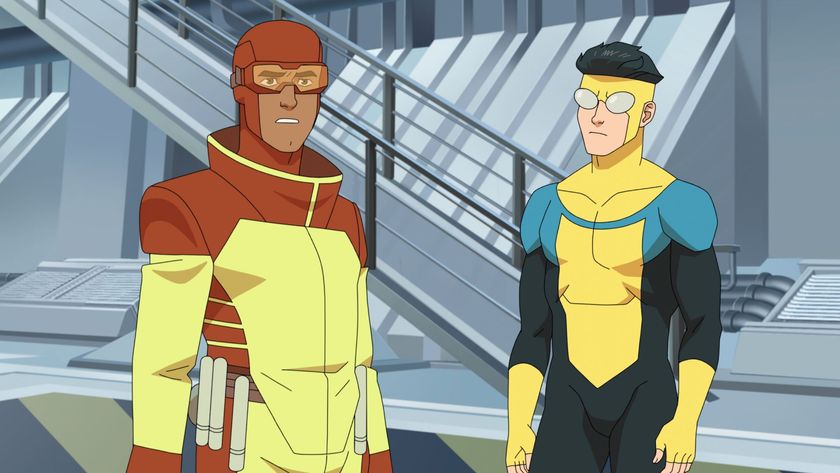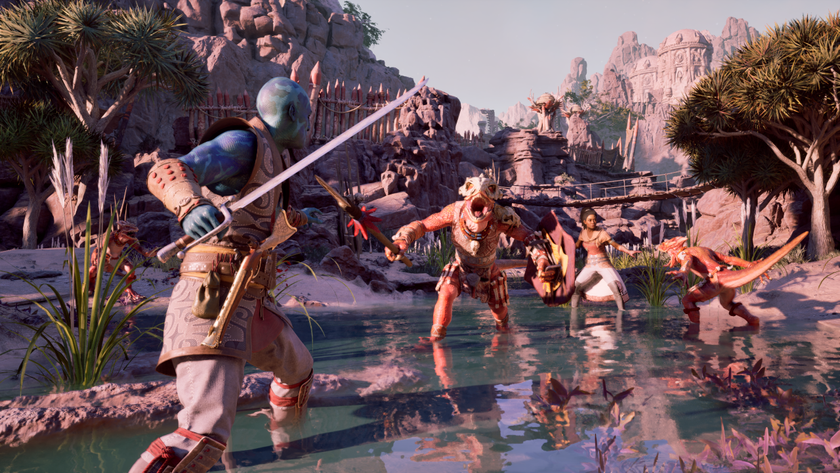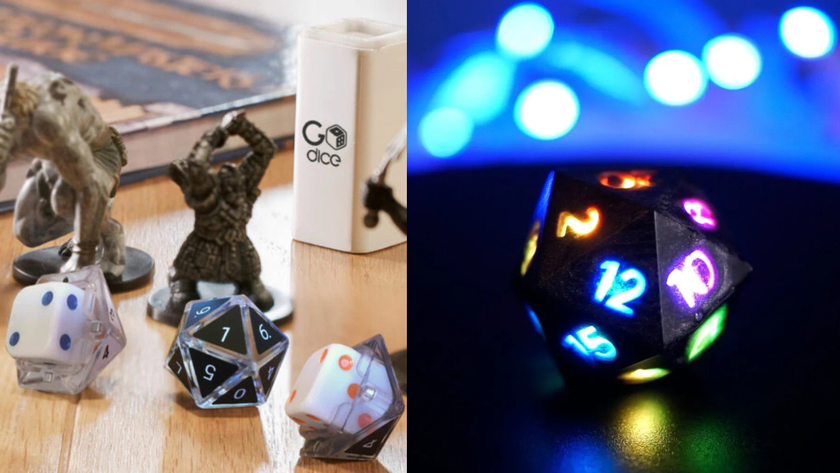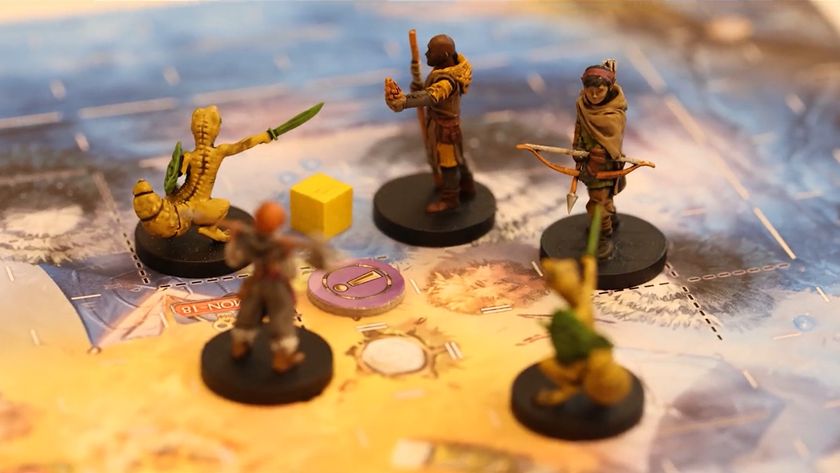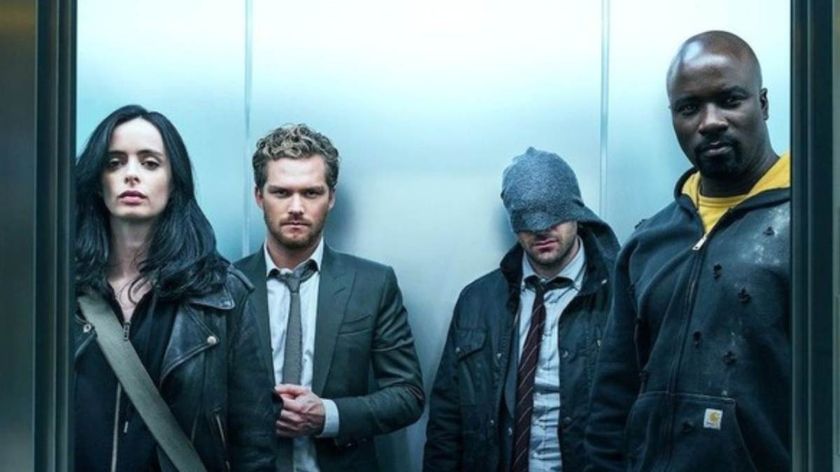Marvel's Disney Plus series need to learn how to stick the superhero landing
WandaVision and Falcon and The Winter Soldier were both great, but deserved better endings
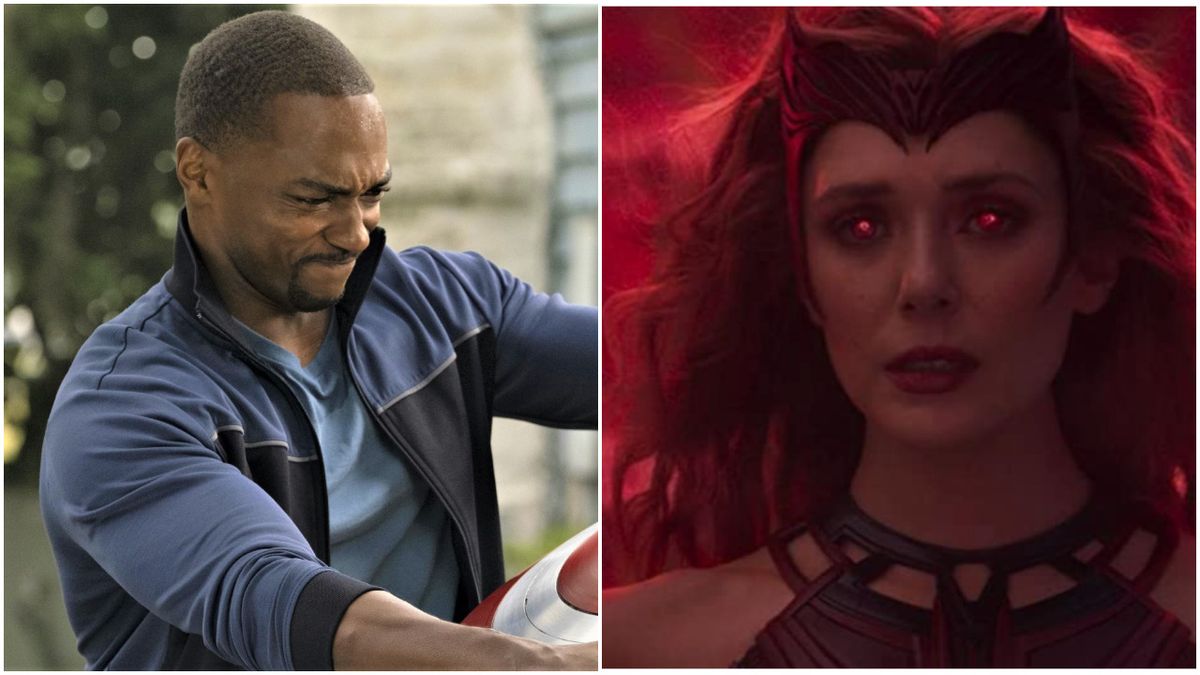
Marvel’s first two Disney Plus shows couldn’t have been any more different. WandaVision was a delightfully anarchic sendup of classic sitcoms that spawned endless speculation and hare-brained fan theories. Falcon and The Winter Soldier, meanwhile, reflected on race, legacy, and power amid a backdrop of political intrigue and more straight-laced MCU action.
The two shows, though, despite their bountiful strengths and strong critical and fan reactions, are united by a common weakness: flat finales. Marvel has seemingly mandated that the final episodes of its TV shows are something familiar: CGI-laden third acts that see several actors hanging from wires or otherwise trapped in green screen limbo. On the big screen, that’s a blast. You only have to look at the excesses of Avengers: Endgame and its euphoric audience reaction to show that, when that sort of popcorn flick frenzy is whipped up, it hits like nothing else in the industry.
A means to an end
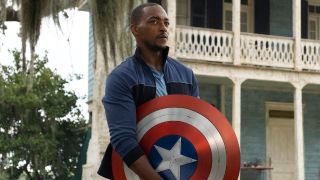
But this is television. Marvel has, admittedly, used much of the six-to-nine episode format to good effect. Secondary characters are fleshed out; sensitive topics are broached; quieter moments become the rule, not the exception. But that hard work is chipped away by a formula ripped straight from the movies that prioritizes spectacle over substance. By aping their box office big brothers, these shows have ultimately stumbled at the final hurdle.
WandaVision’s finale, which saw Agatha and the newly christened Scarlet Witch duel in a mid-air battle over Westview, felt out of step with a show that was refreshingly restrained in its treatment of grief. Similarly, Falcon and The Winter Soldier’s last episode fell victim to its half-hearted endgame that creaked under television budgets – there was a whiff of Netflix’s undercooked Marvel series about the rushed GRC final act in New York – and left viewers feeling hollow.
Why were they both relatively disappointing endings to otherwise great shows? It’s partly because Marvel has one blueprint in terms of a three-act structure – its movie successes – and is sticking rigidly by it. That doesn’t automatically translate well to television. Nor does the other key ingredient of each finale: the villains.
Cartoonish baddies that reveal their evil plans so even the cheap seats can telegraph their intentions feel largely at home in Marvel’s big screen experiences. On television, they feel incongruous and, alongside the action-heavy final hours, is something that should be rectified.
Acting Director of SWORD, Hayward, turned absurdly evil, shooting at children when WandaVision required a street-level villain. Agatha, too, threw any semblance of nuance and subtlety out of the window when she revealed her true identity. Meanwhile, in Falcon and the Winter Soldier, Karli and the Flag Smashers’ motivations felt politically muddled and pushed to a nonsensical point just so Sam, Bucky and, latterly, John Walker had someone to fight come the final episode.
Sign up for the Total Film Newsletter
Bringing all the latest movie news, features, and reviews to your inbox
Television rarely deals well with outright black-and-white characters. Instead, it revels in shades of gray: its most celebrated protagonists often straddle the divide between good and evil, having to make morally ambiguous choices and then dealing with the consequences. Comic book adaptations are rarely masterclasses in multi-dimensional anti-heroes, so it might be time to look towards prestige television’s greatest hits for a blueprint on how to successfully build an antagonist that still feels rooted in the world they’re trying to create.
A final point
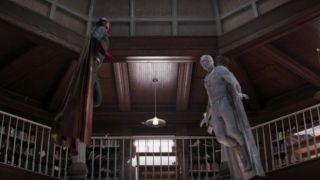
There’s still a lot to like and a lot to cling to from these finales. Its quieter, more subdued scenes rank as not just high points for each show, but the MCU itself. The philosophical battle between the two Visions in Westview’s library – which had us busily Googling the Ship of Theseus thought experiment – and Sam Wilson’s impassioned speech to the gathered GRC representatives may seem separate but are cut from the same cloth. It’s proof that explosions can only get you so far in this medium; it’s the words, more than action, that truly matter. Marvel would do well to return to that style of storytelling more often.
These are very early days for the MCU on Disney Plus. Marvel didn’t perfect its blockbuster formula with Iron Man in 2008, and can’t be expected to do the same here. What it can do, however, is something that even a best-in-class franchise should feel comfortable doing: learn its craft and crib from other well-regarded series.
Take the likes of Breaking Bad and Game of Thrones. In both shows, the season finales weren’t action-packed or even all that conclusive. "Ozymandias" and "Battle of the Bastards" weren’t season or series finales, despite being regarded as some of the best singular action-packed episodes of their generation.
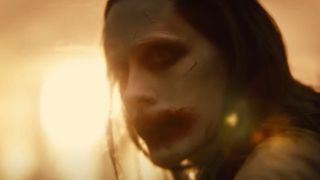
Zack Snyder’s Justice League and Marvel’s shows prove superhero stories need to embrace their length
Instead, space was left for an entire episode (or more) to deal with the aftermath. In Falcon and The Winter Soldier, several endings and epilogues were given just minutes – such as Isaiah Bradley’s tribute – when they deserved far greater space to operate in. More cynically, WandaVision felt like an hour lead-in for a Doctor Strange sequel. Marvel’s TV shows, for now, are struggling to shake the spectre of having to not only act like movies, but also service movies that are yet to premiere. It’s a tough balancing act and, on this early evidence, it’s something that still needs some work.
Marvel’s Disney Plus series have so far been great – but they were not perfect. With Loki, Hawkeye, and Ms. Marvel coming later this year, it’s certainly time to reflect. If history has taught us anything, it’s that Kevin Feige and company will buff out the scratches and tighten the bolts of an already solid foundation. If Marvel Studios can nail its finales moving forward by focusing on introspection over CGI where merited, toning down the overblown villainy, and taking inspiration from its peers, then it will be in a good place to send the fans home happy. And that’s something Marvel does best – and has accomplished for well over a decade in its usual stomping ground in theaters.
For more from the streamer, check out the best shows on Disney Plus and the best movies on Disney Plus.
I'm the Senior Entertainment Writer here at 12DOVE, focusing on news, features, and interviews with some of the biggest names in film and TV. On-site, you'll find me marveling at Marvel and providing analysis and room temperature takes on the newest films, Star Wars and, of course, anime. Outside of GR, I love getting lost in a good 100-hour JRPG, Warzone, and kicking back on the (virtual) field with Football Manager. My work has also been featured in OPM, FourFourTwo, and Game Revolution.
